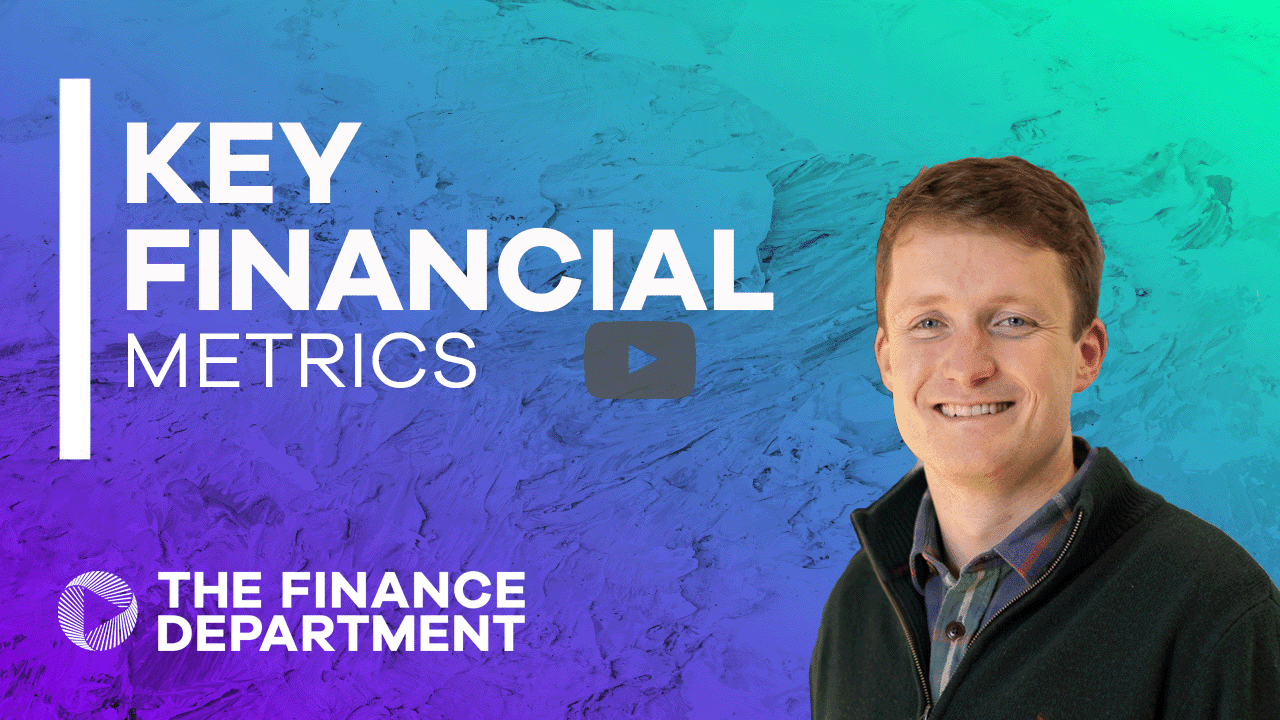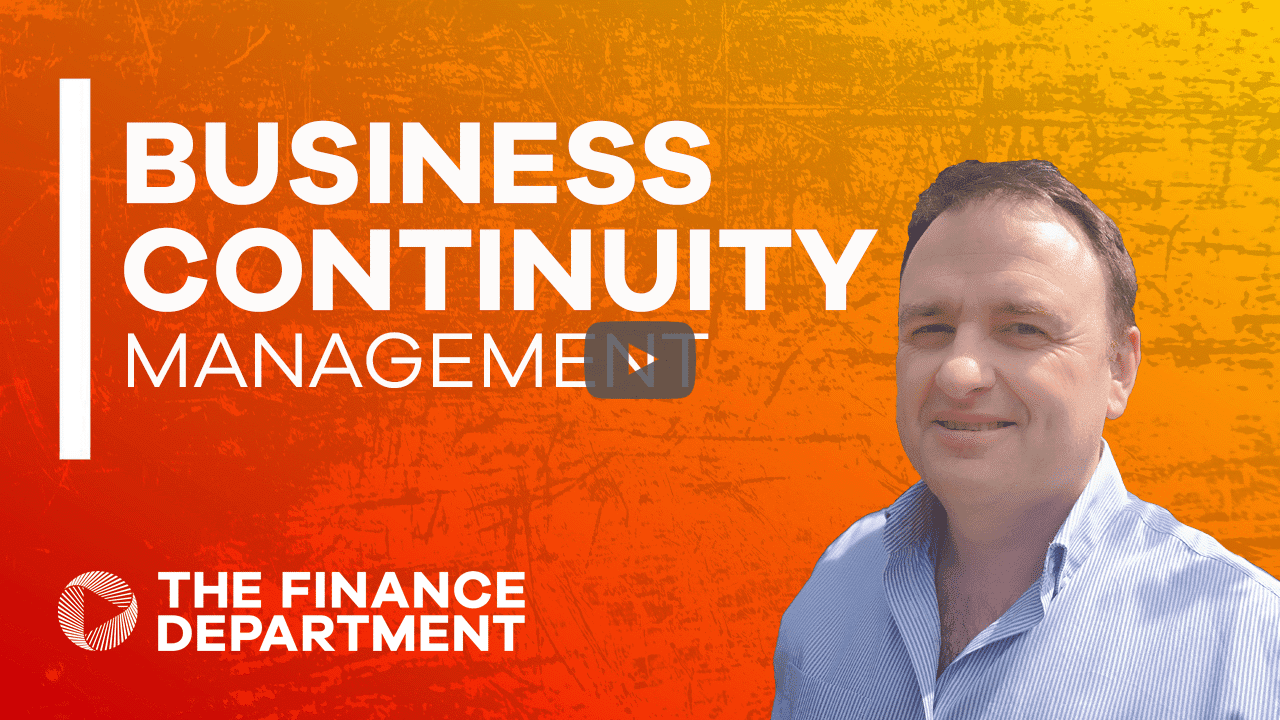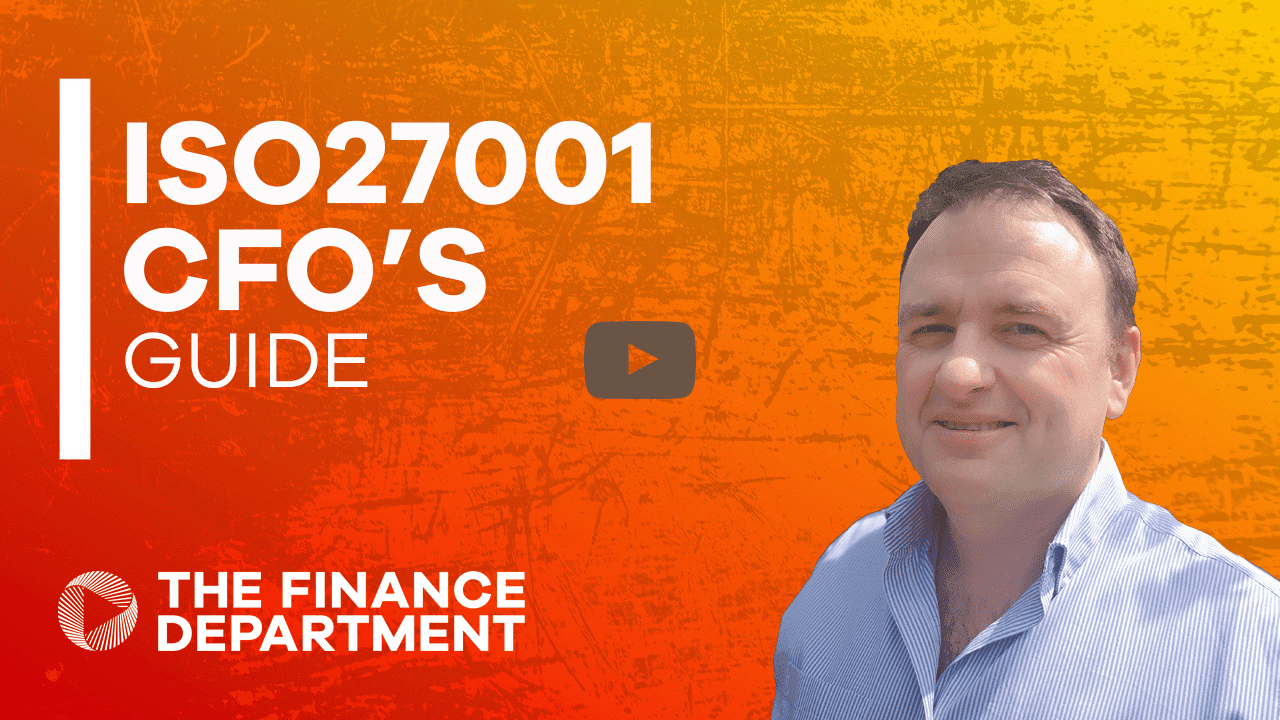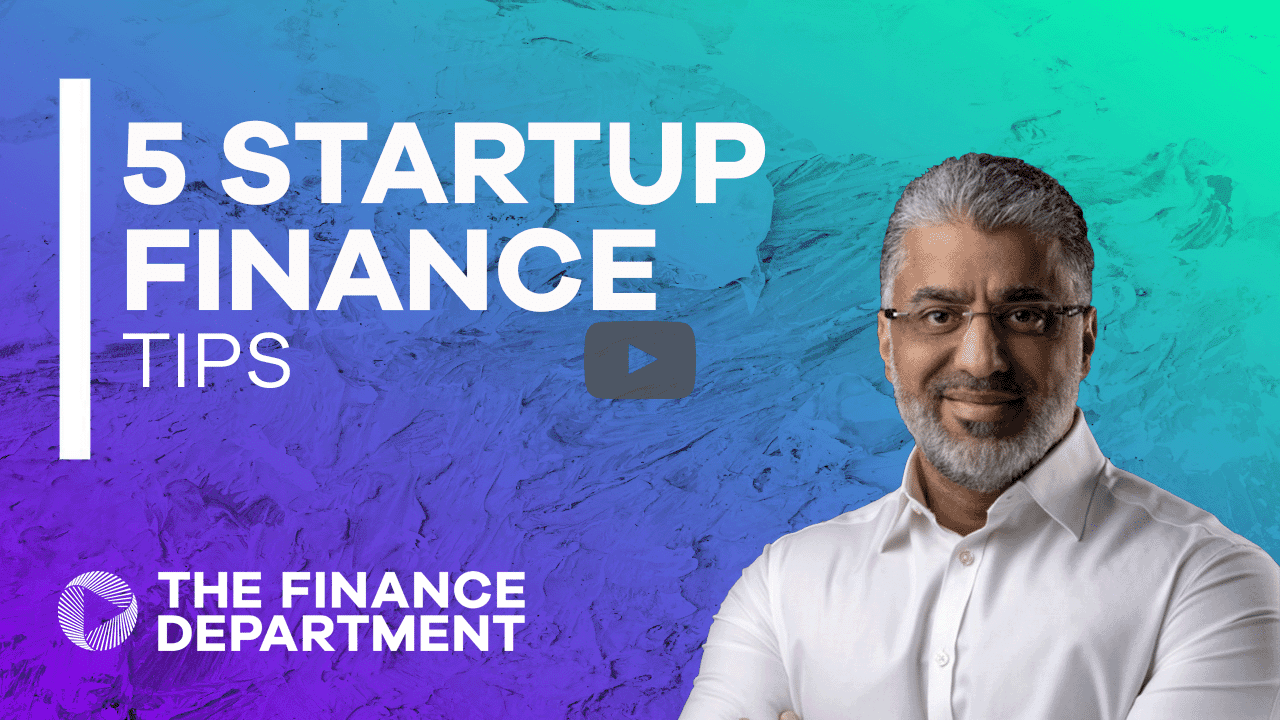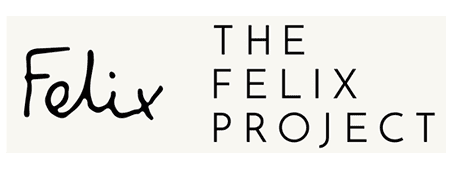Join today and start learning
TFD is the learning platform built for finance professionals.
This content is available as part of our bitesized video series.
Watch this video today by joining our free community.
Video : Balance Sheet Basics
If you are looking to know more about your business numbers, the Balance Sheet report is one of the most important documents to understand! In this video Dan runs through the basics, and how it can help understand exactly where your business is right now.
Know your numbers they say well, in this video I’m going to help you do just that.
As I explain the basics around the balance sheet as a business account at my team and I spend all day helping business owners on their journey and knowing your figures is really important for long-term survival. Only around half of small businesses actually make it past the five-year point according to the official stats.
So I think understanding something like this balance sheet is critically important. Now in this video I want to run you through one of the key reports you should know your way around and this is the one. And the reason you want to know your way around this one in particular is that it shows a snapshot of your position of your business. And it’s really an indication of what money would be left in a way if you shut down on that day and it’s an indication for lots of reasons we’re going to get into.
But it also helps you understand with everything going on in the business what money is actually yours. So before we dive into this balance sheet if you like this video please make sure to click the subscribe button below so you get notified whenever we release more content just like this.
So let’s get into it, what is a balance sheet and what does it show? So as you can see this report here, it shows lots of different things that may or may not mean things to you.
So I’m just going to talk to you briefly about what they mean and then in a minute I’m going to show you why it matters and show you some magic really some account and wizardry the stuff I get excited about with this and as a business owner before I turned into an accountant, it was one of the things that really got me interested in this particular document is trying to figure out what value really is there at the end of it for me as the owner.
So just talk you down from the top we’ve got fixed assets here, all that means is it’s effectively stuff that you owe and stuff that you might be familiar with the term asset. But, in this stage quite often in accounts you’ll hear things termed as a plant and machinery makes it sound like we’ve got forklifts and diggers and things like that but, and JCBs and the like, but actually it can be anything it could be computers, it can be chairs, it can be anything of value really that’s got they call it economic life and there’s all these other terms to it. But really if you think about something that’s going to last a few years it’s a reasonable value. So if you bought new MacBook pro it’s going to be sitting up there in platinum machinery.
So, for this particular person in know your numbers limited we’re going to presume that actually in this case you’ve got a lot of technical equipment, you’ve got laptops, you’ve got cameras, phones and the likes.
So that cash is obvious, you’ve got cash in the bank 10 grand in this particular example and then we’ve got accounts receivable as it’s mentioned there and that can also be called debtors and other names. But effectively it’s customers or clients that owe you money. You might have sent them an invoice and they haven’t yet paid you.
Moving down, so that’s all the stuff that’s kind of the good stuff the stuff that you sort of own or is due to you, and then the creditors this is your liabilities the things that you owe out at a later date.
So, you can see here accounts payable that’s normally your suppliers and can be called creditors as well trade creditors, but it’s just people you owe money to so you might bought something called credit that’s due within 30 days or 14 days it will be there.
You’ve got tax, so this person’s really up to date with their bookkeeping and they’ve got an accountant that is switched on, and they’ve said actually you’re going to owe about £1100 of corporation tax, that’s the company’s tax that’s due at a later date.
We’ve got a short-term loan of £5000, could even be a credit card really at that particular stage, and then we’ve got a director’s loans that’s money owed back to us as the directors or maybe another director in the company of £1500, in this video we’re going to presume it’s us.
We’ve then got VAT of £2000, so what that’s saying is his earmarked really in the accounts, so when that £12,000 comes in, £2,000 of it is actually VAT for the VAT man and we’ll hand that over when it comes in. And then we’ve got a long term loan down here of £10,000 that’s due to be repaid over many many years.
This bottom section is interesting because this is why it’s called a balance sheet, you know it balances, if we take all of the money that we’ve got and all of the things we own right now and we paid down all of our debts here then we’d be left with £5150 is what it’s really saying, and that’s made up really of historic profits, current year profits, we’ve paid ourselves some dividends, and we put some money in originally for 100 pounds to buy the shares as the owner in this particular example, and I’m going to run you through a little bit more what that means.
But it’s just so you get a bit familiar with some of the terms really. So this accounts payable and accounts receivable was just money owed to you money owed out those kind of things so they’re the kind of main terms. And as I say what’s really important for me in this balance sheet is to show you that the cash doesn’t matter. In this particular instance we’ve got 10 grand of cash but I’m saying under this report really you only about five grand of it’s actually your money, and I’m going to show you why that’s the case in a minute.
So it’s a really good tool sometimes as business owners, we get obsessed with cash in the bank, that’s a really important thing to do but it isn’t really a true picture of where we are as a business. And there’s many other things you can pull from a balance sheet but keeping it real ground level, this is the kind of stuff I like to talk about is why it matters to you all the time, and we call it internally at Heelan Associates we call it the pot, we want to know what’s the pot if I shut it down today roughly what money would actually be mine for getting any of the real the real detail what would be mine.
So, let’s have a look if we have a look then at the breakdown. So let’s say we did today, let’s say okay we’re going to shut this company and okay there’d be other actual practical considerations but this just gives you an idea and now it shows here that we depreciate so that’s an accounting term all that means is that every year the accountant says okay well let’s say your MacBook and all your equipment it goes down like 25% each year and they put an amount in for that for you. So, let’s say that we did actually sell it for what the accountant says it’s worth all your bookkeeper says it’s worth £3750, and again this is all in theory and that when you’re reading your own balance sheet that’s also the thing to consider is actually, if that’s less if you look at that three thousand seven hundred quid there’s no way I’m getting that from getting 50 quid on Facebook marketplace, then put 50 quid in. You’re going to get ten thousand pound of cash because you’ve already got that in the bank, and let’s say all your customers pay you that would leave you a 25,000 dish of assets in money in and of a lot of cash.
You’re then going pay your suppliers you’re, going to pay your corporation tax you’re going to repay that short term loan, you’re going to repay yourself actually in this particular case, or the other direct or whoever else you owe this money to, and you can pay the VAT, so there’s another 10 grand goes out in short term liabilities we’re then going to repay that big loan because we don’t want to be left with that if we shut it down and that leaves us with surprise, surprise, and you can trust the spread sheet it’s £5150 pound, which as you can see is the same as the bottom value so the pot would be around that.
Now you could also argue the pot if this was you as a director is actually more like 6000. Because you could argue that this figure here in this director’s loan account is actually your money as well, so it just gives you a bit of an idea of the kind of things that we play around with when we talk to clients about it and we tell them you know about their pot and what’s going on they’re the kind of things that we that we like to talk about, but for you if you’re looking at your own balance sheet and you’re a small business, that’s a good thing.
Now, obviously as businesses get bigger and more complex there’s other things that go into this that can mean that it’s not quite as simple as that but I just want to give you a feel for the type of things that’s quite useful as a small business owner.
So, there you have it that’s a real short look at the basics of a balance sheet hope you found that useful. If you really enjoy these type of videos make sure to subscribe, share it with your network, like, and all the other things that you can do to help pass this video and this knowledge on. Until next time we’ll see on the next one.
At Heelan Associates we are passionate about business. Our team help small business owners all over the UK to start, survive and grow.
We do this by:
– Helping them to understand their business numbers so they can make better decisions
– Saving time & tax
– Providing trusted advice through our close relationship with them
Our services include accountancy, tax, book-keeping, payroll, construction industry and business advisory services.
Video: Balance Sheet Basics
If you are looking to know more about your business numbers, the Balance Sheet report is one of the most important documents to understand! In this video Dan runs through the basics, and how it can help understand exactly where your business is right now.
Know your numbers they say well, in this video I’m going to help you do just that.
As I explain the basics around the balance sheet as a business account at my team and I spend all day helping business owners on their journey and knowing your figures is really important for long-term survival. Only around half of small businesses actually make it past the five-year point according to the official stats.
So I think understanding something like this balance sheet is critically important. Now in this video I want to run you through one of the key reports you should know your way around and this is the one. And the reason you want to know your way around this one in particular is that it shows a snapshot of your position of your business. And it’s really an indication of what money would be left in a way if you shut down on that day and it’s an indication for lots of reasons we’re going to get into.
But it also helps you understand with everything going on in the business what money is actually yours. So before we dive into this balance sheet if you like this video please make sure to click the subscribe button below so you get notified whenever we release more content just like this.
So let’s get into it, what is a balance sheet and what does it show? So as you can see this report here, it shows lots of different things that may or may not mean things to you.
So I’m just going to talk to you briefly about what they mean and then in a minute I’m going to show you why it matters and show you some magic really some account and wizardry the stuff I get excited about with this and as a business owner before I turned into an accountant, it was one of the things that really got me interested in this particular document is trying to figure out what value really is there at the end of it for me as the owner.
So just talk you down from the top we’ve got fixed assets here, all that means is it’s effectively stuff that you owe and stuff that you might be familiar with the term asset. But, in this stage quite often in accounts you’ll hear things termed as a plant and machinery makes it sound like we’ve got forklifts and diggers and things like that but, and JCBs and the like, but actually it can be anything it could be computers, it can be chairs, it can be anything of value really that’s got they call it economic life and there’s all these other terms to it. But really if you think about something that’s going to last a few years it’s a reasonable value. So if you bought new MacBook pro it’s going to be sitting up there in platinum machinery.
So, for this particular person in know your numbers limited we’re going to presume that actually in this case you’ve got a lot of technical equipment, you’ve got laptops, you’ve got cameras, phones and the likes.
So that cash is obvious, you’ve got cash in the bank 10 grand in this particular example and then we’ve got accounts receivable as it’s mentioned there and that can also be called debtors and other names. But effectively it’s customers or clients that owe you money. You might have sent them an invoice and they haven’t yet paid you.
Moving down, so that’s all the stuff that’s kind of the good stuff the stuff that you sort of own or is due to you, and then the creditors this is your liabilities the things that you owe out at a later date.
So, you can see here accounts payable that’s normally your suppliers and can be called creditors as well trade creditors, but it’s just people you owe money to so you might bought something called credit that’s due within 30 days or 14 days it will be there.
You’ve got tax, so this person’s really up to date with their bookkeeping and they’ve got an accountant that is switched on, and they’ve said actually you’re going to owe about £1100 of corporation tax, that’s the company’s tax that’s due at a later date.
We’ve got a short-term loan of £5000, could even be a credit card really at that particular stage, and then we’ve got a director’s loans that’s money owed back to us as the directors or maybe another director in the company of £1500, in this video we’re going to presume it’s us.
We’ve then got VAT of £2000, so what that’s saying is his earmarked really in the accounts, so when that £12,000 comes in, £2,000 of it is actually VAT for the VAT man and we’ll hand that over when it comes in. And then we’ve got a long term loan down here of £10,000 that’s due to be repaid over many many years.
This bottom section is interesting because this is why it’s called a balance sheet, you know it balances, if we take all of the money that we’ve got and all of the things we own right now and we paid down all of our debts here then we’d be left with £5150 is what it’s really saying, and that’s made up really of historic profits, current year profits, we’ve paid ourselves some dividends, and we put some money in originally for 100 pounds to buy the shares as the owner in this particular example, and I’m going to run you through a little bit more what that means.
But it’s just so you get a bit familiar with some of the terms really. So this accounts payable and accounts receivable was just money owed to you money owed out those kind of things so they’re the kind of main terms. And as I say what’s really important for me in this balance sheet is to show you that the cash doesn’t matter. In this particular instance we’ve got 10 grand of cash but I’m saying under this report really you only about five grand of it’s actually your money, and I’m going to show you why that’s the case in a minute.
So it’s a really good tool sometimes as business owners, we get obsessed with cash in the bank, that’s a really important thing to do but it isn’t really a true picture of where we are as a business. And there’s many other things you can pull from a balance sheet but keeping it real ground level, this is the kind of stuff I like to talk about is why it matters to you all the time, and we call it internally at Heelan Associates we call it the pot, we want to know what’s the pot if I shut it down today roughly what money would actually be mine for getting any of the real the real detail what would be mine.
So, let’s have a look if we have a look then at the breakdown. So let’s say we did today, let’s say okay we’re going to shut this company and okay there’d be other actual practical considerations but this just gives you an idea and now it shows here that we depreciate so that’s an accounting term all that means is that every year the accountant says okay well let’s say your MacBook and all your equipment it goes down like 25% each year and they put an amount in for that for you. So, let’s say that we did actually sell it for what the accountant says it’s worth all your bookkeeper says it’s worth £3750, and again this is all in theory and that when you’re reading your own balance sheet that’s also the thing to consider is actually, if that’s less if you look at that three thousand seven hundred quid there’s no way I’m getting that from getting 50 quid on Facebook marketplace, then put 50 quid in. You’re going to get ten thousand pound of cash because you’ve already got that in the bank, and let’s say all your customers pay you that would leave you a 25,000 dish of assets in money in and of a lot of cash.
You’re then going pay your suppliers you’re, going to pay your corporation tax you’re going to repay that short term loan, you’re going to repay yourself actually in this particular case, or the other direct or whoever else you owe this money to, and you can pay the VAT, so there’s another 10 grand goes out in short term liabilities we’re then going to repay that big loan because we don’t want to be left with that if we shut it down and that leaves us with surprise, surprise, and you can trust the spread sheet it’s £5150 pound, which as you can see is the same as the bottom value so the pot would be around that.
Now you could also argue the pot if this was you as a director is actually more like 6000. Because you could argue that this figure here in this director’s loan account is actually your money as well, so it just gives you a bit of an idea of the kind of things that we play around with when we talk to clients about it and we tell them you know about their pot and what’s going on they’re the kind of things that we that we like to talk about, but for you if you’re looking at your own balance sheet and you’re a small business, that’s a good thing.
Now, obviously as businesses get bigger and more complex there’s other things that go into this that can mean that it’s not quite as simple as that but I just want to give you a feel for the type of things that’s quite useful as a small business owner.
So, there you have it that’s a real short look at the basics of a balance sheet hope you found that useful. If you really enjoy these type of videos make sure to subscribe, share it with your network, like, and all the other things that you can do to help pass this video and this knowledge on. Until next time we’ll see on the next one.
At Heelan Associates we are passionate about business. Our team help small business owners all over the UK to start, survive and grow.
We do this by:
– Helping them to understand their business numbers so they can make better decisions
– Saving time & tax
– Providing trusted advice through our close relationship with them
Our services include accountancy, tax, book-keeping, payroll, construction industry and business advisory services.


